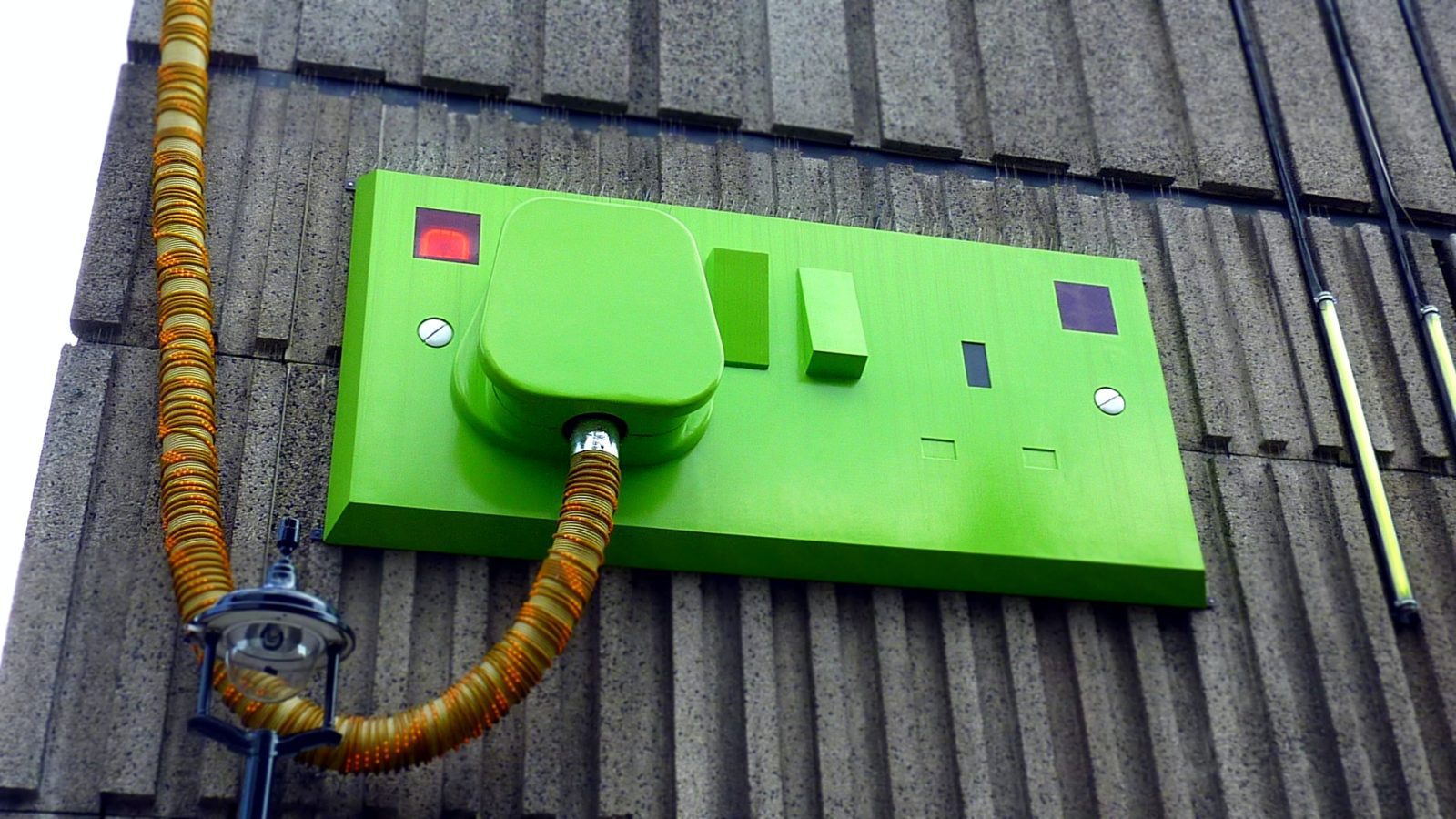Electricity and gas prices for households in the Czech Republic were significantly higher in the first half of this year compared to other Visegrád Group (V4) member countries, namely Poland, Hungary, and Slovakia. Electricity prices for Czech households increased by more than a quarter year-on-year, and gas prices rose by over half. These findings were published on Thursday by the European statistical office Eurostat.
According to Eurostat, the average price of electricity for households in the Czech Republic increased by 26 percent to 0.3212 euros (approximately 7.9 CZK) per kilowatt-hour (kWh) in the first half of the year. In Slovakia, households paid only 0.1892 euros per kWh, in Poland 0.1769 euros, and in Hungary just 0.1161 euros per kWh.
The average price of electricity for households in the entire European Union, according to Eurostat, was 0.289 euros per kWh in the first half of the year. The highest price was in the Netherlands, where it increased by 953 percent year-on-year and reached 0.475 euros per kWh. Several factors, including the termination of tax relief, contributed to this sharp rise. On the other hand, households in Bulgaria paid the least, at 0.1137 euros per kWh.
According to Eurostat data, the average price of gas for households in the Czech Republic increased by 57 percent to 0.1138 euros (approximately 2.8 CZK) per kWh in the first half of the year. In Poland, households paid 0.0683 euros per kWh, and in Slovakia, it was 0.0571 euros per kWh. The price in Hungary was only 0.0337 euros per kWh, making it the lowest in the entire EU.
Households in the Netherlands paid the highest gas prices in the EU, the same as for electricity, at 0.2481 euros per kWh. The average price of gas for households in the entire EU in the first half of the year was 0.1187 euros per kWh, according to Eurostat.
In April, Eurostat published data on gas and electricity prices, which showed that gas prices for households in the Czech Republic had the highest year-on-year increase among all European Union countries in the second half of last year. However, Czech Prime Minister Petr Fiala dismissed these numbers as misleading, and experts pointed out that the figures were based on price offers from suppliers and did not reflect the actual payments made by customers.
Eurostat stated that it obtained the published figures from the Czech Statistical Office (ČSÚ). In September, the chairman of ČSÚ, Marek Rojíček, announced that the office would continue to publish average offer prices for energy but would label realized prices as primary data in the future, which would also be provided to Eurostat for international comparisons.





